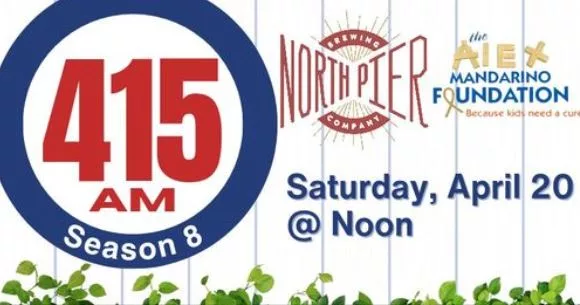Distillers along the Southwest Michigan Makers Trail and anywhere else in the Great Lakes state, for that matter, would have a little more level playing field when manufacturing their spirits with Michigan-grown grain under legislation introduced by State Senator John Proos.
Proos is encouraging the Michigan Legislature to reduce the state’s liquor markup and provide relief to small distillers who use Michigan-grown grain to allow them to be more competitive and innovative.
Proos points out that, “Michigan is currently one of the nation’s highest-taxed states for spirits.” The St. Joe Republican adds, “Small distillers in Michigan have to deal with outdated rules and regulations and a tax system that treats them as giant, multinational spirit manufacturers. This legislation is designed to foster growth and innovation in Michigan’s up-and-coming craft distillery industry, encourage entrepreneurship and support our hardworking farmers.”
Michigan operates as a “control” state for the sale of spirits with the Liquor Control Commission as the wholesaler for all spirit products. Current law requires the commission to set uniform prices for the sale of liquor that return a gross profit to the commission of up to 65-percent.
An updated version of Senate Bill 579 would reduce that overall liquor markup by two percent.
SB 923 would provide relief for half of the liquor markup to small distillers that use at least 40-percent of Michigan-grown grain in making their product.
Proos tells us, “These bills are critical to the continued success and growth of both large and small spirit distillers in Michigan.” He adds, “As a result of this relief, spirit makers would be able to invest more into expanding operations, creating jobs and using more Michigan agricultural products.”
SB 923 also defines eligibility for the relief and outlines requirements for record keeping and state reviews. Eligible Michigan-grown grains would include dry barley, oats, corn, potatoes, small grains and cereal grains.
According to Journeyman Distillery owner and operator Bill Welter, in 2016 Michigan taxed Journeyman Distillery $15 per bottle, while the same bottle sold in Indiana was taxed at 53-cents. As Proos notes, “That means Michigan’s rate was 28 times higher and therefore 28 times less competitive.”
Stay tuned for updates on the progress of this legislation through the halls of Lansing.






